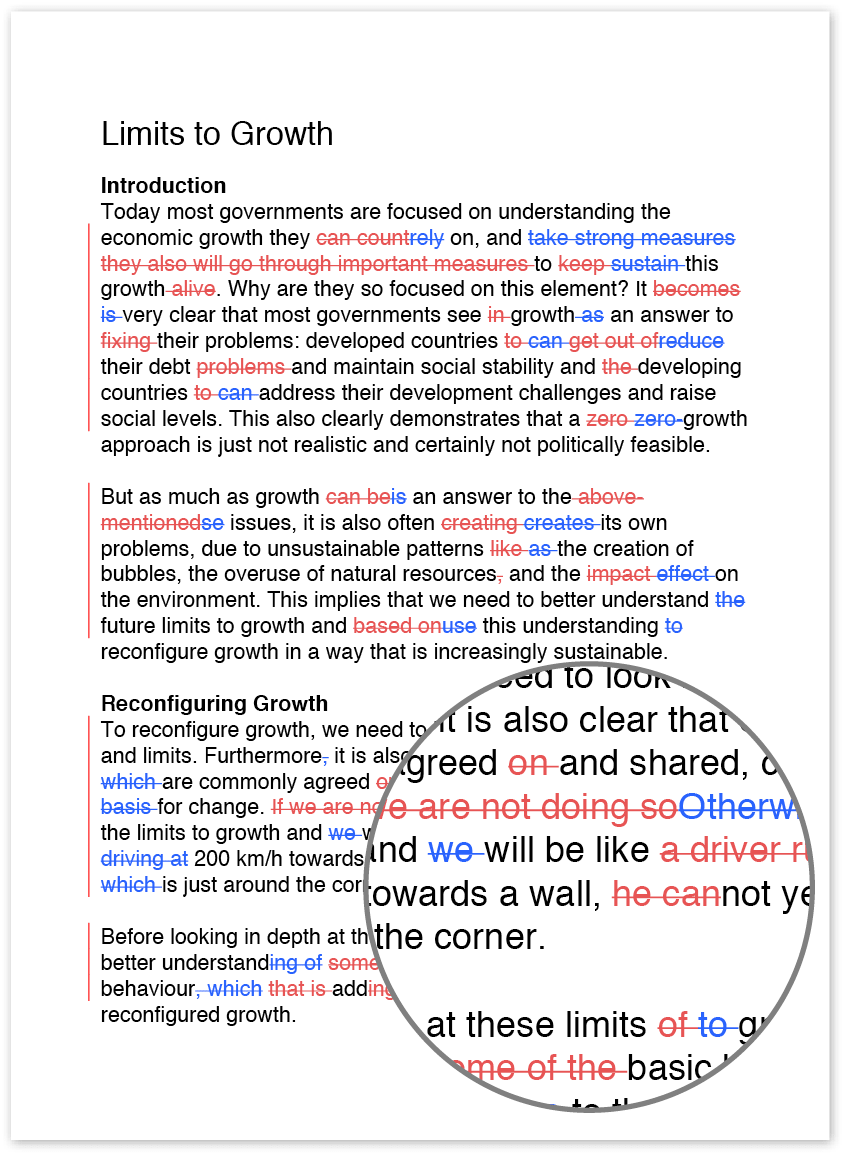Effective business communication
Knowing how to communicate effectively in a business environment is vital. Your professional success depends on your ability to communicate with and listen to your colleagues, supervisors, and customers. To improve your business communication skills, try out the tips below.
Use familiar words
Determine the interest level and knowledge of the person to whom you are speaking and adjust your communication accordingly. If you’re talking to a member of your technical team about the specs of your product, you can likely use highly technical jargon and phrases in your conversation. However, if you’re talking to a layperson, such as a customer, you should try to describe the product using terms that the person is likely to be familiar with.
Stick to the point
Be concise, clear, and accurate. Avoid rambling on to your colleagues when you’re in a business meeting about irrelevant information or providing vague, unclear, or incorrect information. Stick to the point in your conversations and remember to put forth your ideas clearly. If someone asks a question that you can’t answer right then, ask if you can find the answer and get back to them. Doing so can help avoid miscommunications and mistakes.
Converse
On the flip side of the point above, remember that your communications are conversations, not directives or confrontations. Try not to be terse or argumentative when you’re speaking to people in a professional context, even if you’re not pleased with them or you’re trying to resolve a conflict. This approach leads to much better outcomes than arguments or short, snappy statements.
Listen
Remember to listen to what your counterpart is saying. Communication is a two-way street, and you should give the person to whom you are speaking the opportunity to present his or her own ideas and thoughts. When the other person is speaking, focus on listening to what they’re saying instead of immediately thinking about what you’ll say next, and try to avoid interrupting the speaker. In addition, ask questions about what your counterpart is saying to clarify their information and to show that you’re listening to them. Open-ended questions are best because they give the speaker a chance to provide more than just a “yes” or “no” answer.
Keep your body language open
Communication involves more than just what you’re saying. Your body language and the tone of your voice can convey information as much as or more so than the words you use. Remember to keep your body language relaxed and open (e.g., don’t keep your arms crossed during a conversation) and remember to use a professional, respectful tone of voice.
Think before you print
In written communication, remember that the reader doesn’t have the luxury of seeing your body language or hearing your tone of voice, so what might sound like a funny joke to you might come across as offensive or inappropriate to your reader. Before you send an email or letter, read over it and imagine how it will sound to the recipient. If you think anything might be taken the wrong way, reword or delete that text.
By keeping these guidelines in mind, you can improve your business communication skills and become more successful in your profession.

